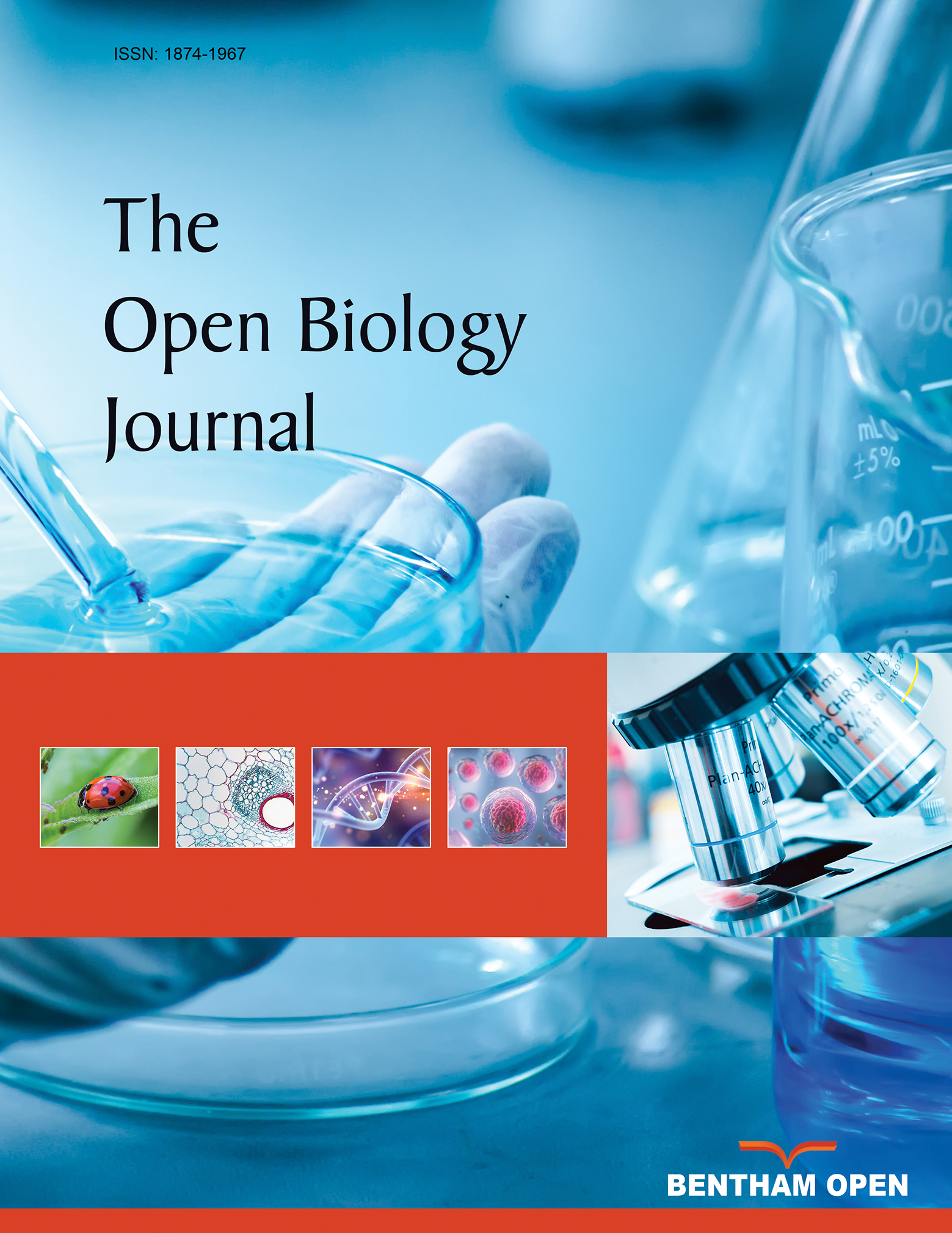All published articles of this journal are available on ScienceDirect.
Membrane Systems for the Fight against Water-Borne Contaminants in Small Communities and Remote Areas from the Developing World: Accomplishments in Thailand and Some New Development in Sénégal and Mali
Abstract
Pressure-driven membrane processes such as microfiltration (MF), ultrafiltration (UF), nanofiltration (NF) and reverse osmosis (RO) are increasingly used to produce clean water for a broad range of domestic and industrial applications. This article outlines some key features of these membrane-based technologies and describes how they can be adapted to supply safe drinking water in remote communities and rural regions from the developing world. Three case studies are reported in Asia (Thailand) and Africa (Sénégal and Mali) where we investigate the feasibility of removing microorganisms and some dissolved pollutants from water with commercial pressure-driven filtration pilots. The convincing success of the Thailand study established that Pall transportable MF/UF units could help local residents meet their demand in high quality water. This case study provided some rationale for testing a similar concept in West Africa. Given the technological efficacy, robustness and modularity of these membrane systems, we see them as innovative tools for implementing a cost-effective and sustainable strategy to stop the emergence of water borne and vector borne infectious diseases not only in the developing world but also in regions severely affected by natural disasters.


